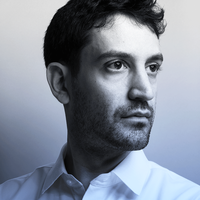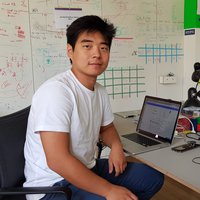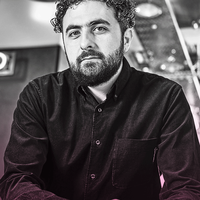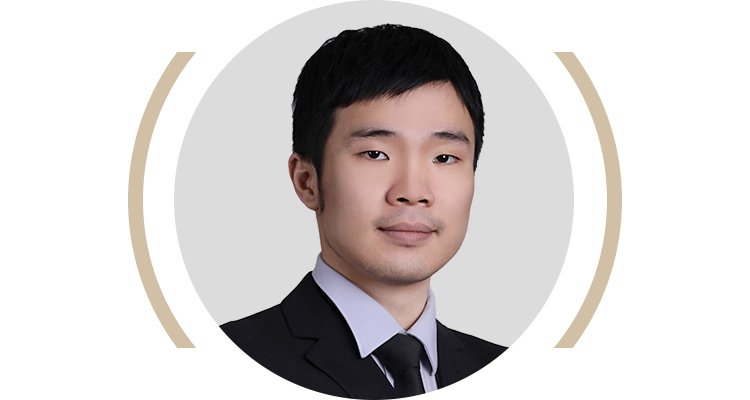Artificial intelligence & robotics
Liang Xu
Operating an AI disease prediction program in large cities in China with an accuracy rate of 90%

Global
Brenden Lake
Getting machines to learn in the fast and flexible ways that humans can.

Europe
Paul Duan
His NGO uses big data and AI to solve the world’s problems and become the 'United Nations of technology'

Global
John Schulman
Training AI to be smarter and better, one game of Sonic the Hedgehog at a time.

Global
Mustafa Suleyman
Working to alleviate human suffering through AI.
